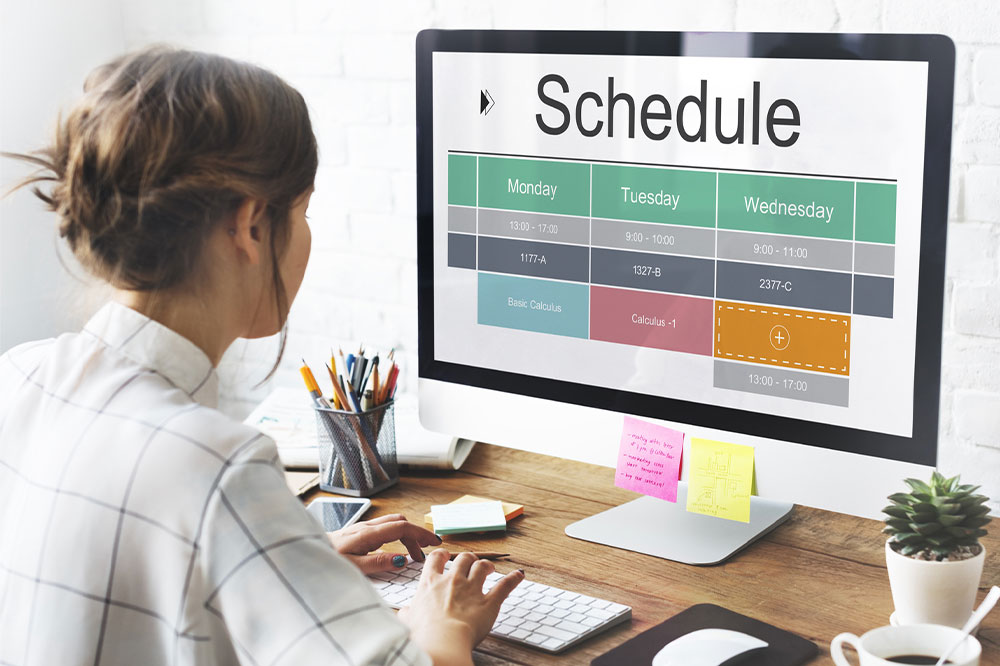Effective Strategies for Adults Managing ADHD
Learn practical and effective strategies for adults to manage ADHD symptoms, including organizing routines, improving time management, and staying productive. Patience and consistent effort are key to overcoming daily challenges associated with ADHD.

Effective Strategies for Adults Managing ADHD
Managing Attention Deficit Hyperactivity Disorder (ADHD) as an adult can be demanding. It influences various parts of life including personal relationships, career, and health. The smallest daily tasks such as paying bills, staying organized at work, and maintaining social connections can become overwhelming. Common issues include disorganization, missed deadlines, and impulsive actions. However, adopting specific skills and habits can help adults better cope with ADHD symptoms. Patience, consistent effort, and a positive mindset are essential to success. Here are practical tips to help navigate daily challenges.
Start by enhancing daily routines and gradually develop organizational skills that boost productivity and social interactions. Remember, managing ADHD is a continual process that benefits from persistence. Here are some effective techniques:
Enhance Organization
Difficulty focusing often leads to disorganization. To counter this, break tasks into smaller steps and approach them systematically. Create designated spots for frequently misplaced items like keys or bills, and get rid of clutter to make item retrieval easier. Keep lists of daily tasks, appointments, and deadlines. For paperwork issues, establish a color-coded filing system or transition to digital records by requesting electronic statements.
Improve Time Management
ADHD adults often struggle with time perception, leading to missed deadlines. Wearing a watch and noting the start time of tasks can help synchronize perception. Use alarms and set strict limits for each activity. Prioritize tasks by urgency and importance to prevent feeling overwhelmed. Focus on completing one task at a time to maintain efficiency and reduce stress.
Note:
This article provides general information about ADHD symptoms and management strategies. It is not a substitute for professional medical advice. Always consult licensed healthcare providers for diagnosis and treatment guidance. Use this information responsibly and seek expert assistance when needed.










